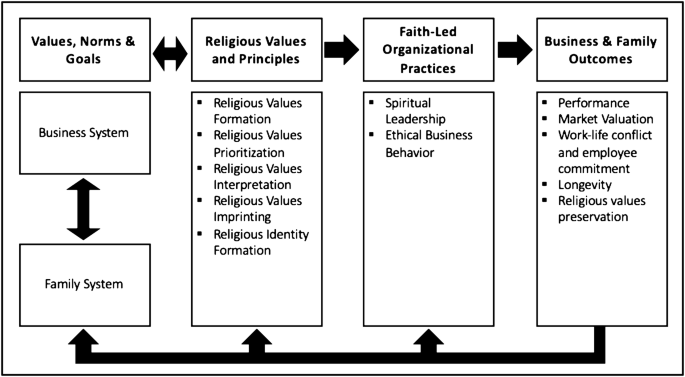Interfaith and ecumenism are two concepts that encourage spiritual unity and understanding among different religions, beliefs and cultures. These ideas can be powerful tools for creating more connections and harmony among people, regardless of their religious affiliations. In this blog post, we’ll explore the meaning and benefits of interfaith and ecumenism, and provide a guide on how to embrace these concepts to find spiritual unity.
Understanding Interfaith and Ecumenism
Interfaith is the practice of building relationships and understanding between people of different religions and spiritual paths. It involves learning about other beliefs, participating in interfaith events and dialogues, and finding common ground to promote peace and respect. Ecumenism, on the other hand, focuses on the unity between different Christian denominations. It seeks common ground between Protestants, Catholics, and others to promote dialogue, understanding and ultimately unity between these branches of Christianity.
Benefits of Interfaith and Ecumenism
There are many benefits to embracing interfaith and ecumenism. Some of these benefits include:
1. Promotion of Peace: Interfaith and Ecumenism help promote peace and understanding among different religions and cultures. This can lead to reduced conflicts and tensions between different communities.
2. Building Stronger Communities: By promoting understanding and respect, interfaith and ecumenism helps create stronger communities which are more unified and supportive of one another.
3. Spiritual Growth: When individuals explore other religions and spiritual paths, they may find new insights and practices which enrich their own spiritual lives.
4. Tolerance and Acceptance: Through interfaith and ecumenism, individuals learn to be more tolerant and accepting of others, regardless of their religious beliefs or practices.
Guide to Embracing Interfaith and Ecumenism
1. Learn about other religions: Start by learning about the beliefs and practices of other religions. Attend informative lectures, workshops, or interfaith events held in your community.
2. Participate in dialogues: Engage in dialogue with people of different spiritual paths, ask questions, and share your own experiences.
3. Find common ground: Embrace the common elements of different religions and spiritual paths and focus on how you can come together to promote peace and understanding.
4. Practice Respect: Respect the differences and unique aspects that make each religion or spiritual path unique. Be open to different viewpoints.
5. Take Action: Get involved in interfaith activities such as volunteering or organizing events that promote religious unity and understanding.
Conclusion
Interfaith and Ecumenism provide powerful tools for creating unity and understanding among different religions and spiritual paths. They promote peace, tolerance, and respect, while building stronger communities and promoting personal spiritual growth. By embracing these concepts, we can work towards a more harmonious world based on mutual respect and understanding.











